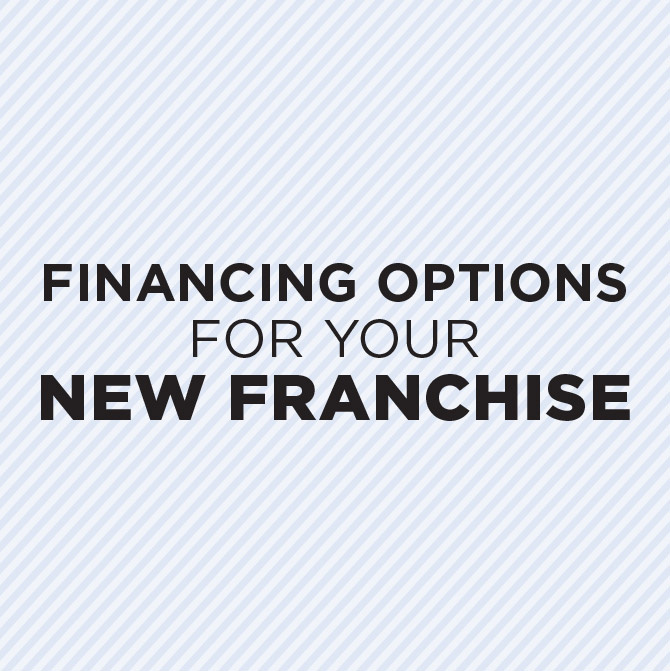
CONGRATULATIONS! You have decided to step into the world of entrepreneurship and become a franchise owner. You will soon be faced with what can seem like an overwhelming number of choices – everything from how to market your business to where to find employees. By Dan Pace
CONGRATULATIONS! You have decided to step into the world of entrepreneurship and become a franchise owner. You will soon be faced with what can seem like an overwhelming number of choices – everything from how to market your business to where to find employees. One question every new franchisee must answer is how they will obtain the necessary funding to purchase and support their new franchise. A lucky few have liquid funds available, but for most, there will be a need to pursue another financing solution.
Every financing need is different, and there several costs to consider when selecting a funding solution. How much is needed? How difficult is it to get? What costs are involved? The answers to these questions and others will help you select the financing that best meets your needs. Two of the most popular funding structures are an SBA loan, and a 401(k) rollover commonly known as a ROBS.
A ROBS plan offers the ability to self-fund much, if not all, of the capital required to get a fledging franchise off the ground. It requires less paper- work, doesn’t trigger early withdraw penalties, and isn’t dependent on credit worthiness. However, the setup and ongoing costs may not make it a cost-effective solution for lower financing amounts.
Also, one must understand the impact of monies no longer being invested in the market. Unfortunately, in a strong market, the ‘opportunity loss’ on missed gains on investments can be staggering.
An SBA loan, for those without deep pockets, or possibly an unwillingness to risk their retirement savings, is another great option. A small amount of cash can be leveraged into a significant amount of working capital. This capital is then used to pay for things such as franchise fees, equipment purchases, and marketing expenses. What’s the catch? The SBA is going to require more proof you are ready to go into business, meaning more paperwork and possibly an elongated time frame.
Dan Pace

